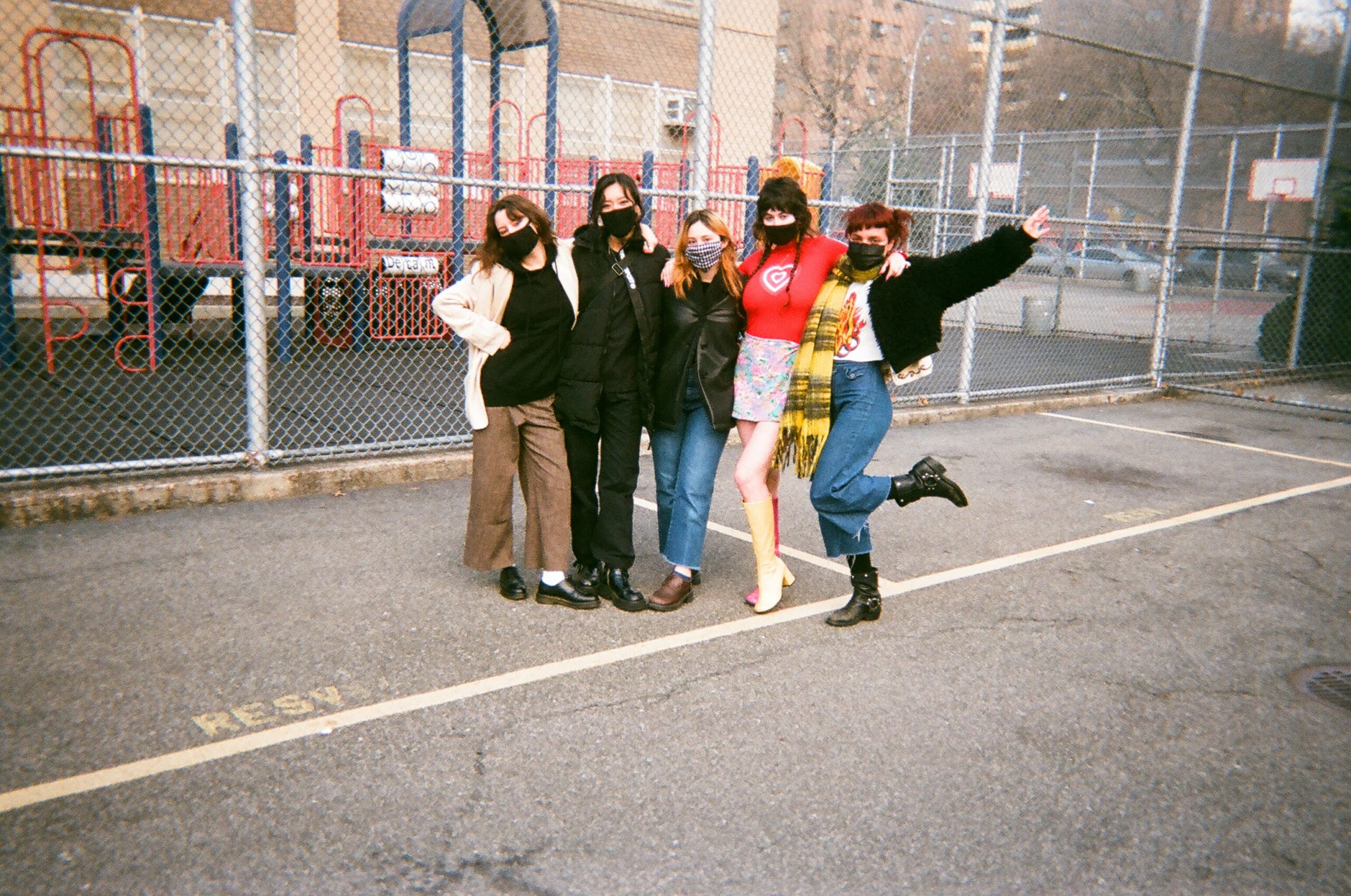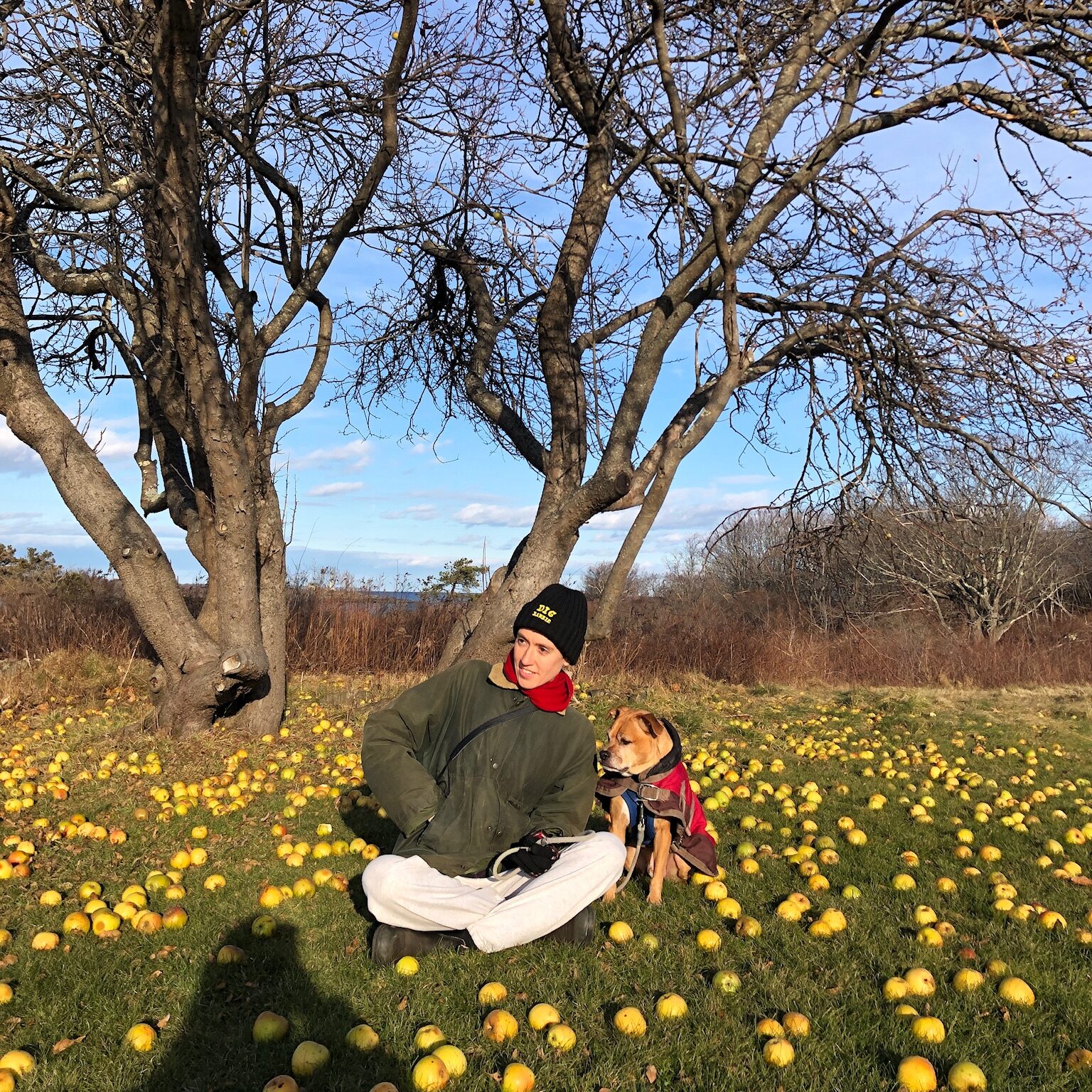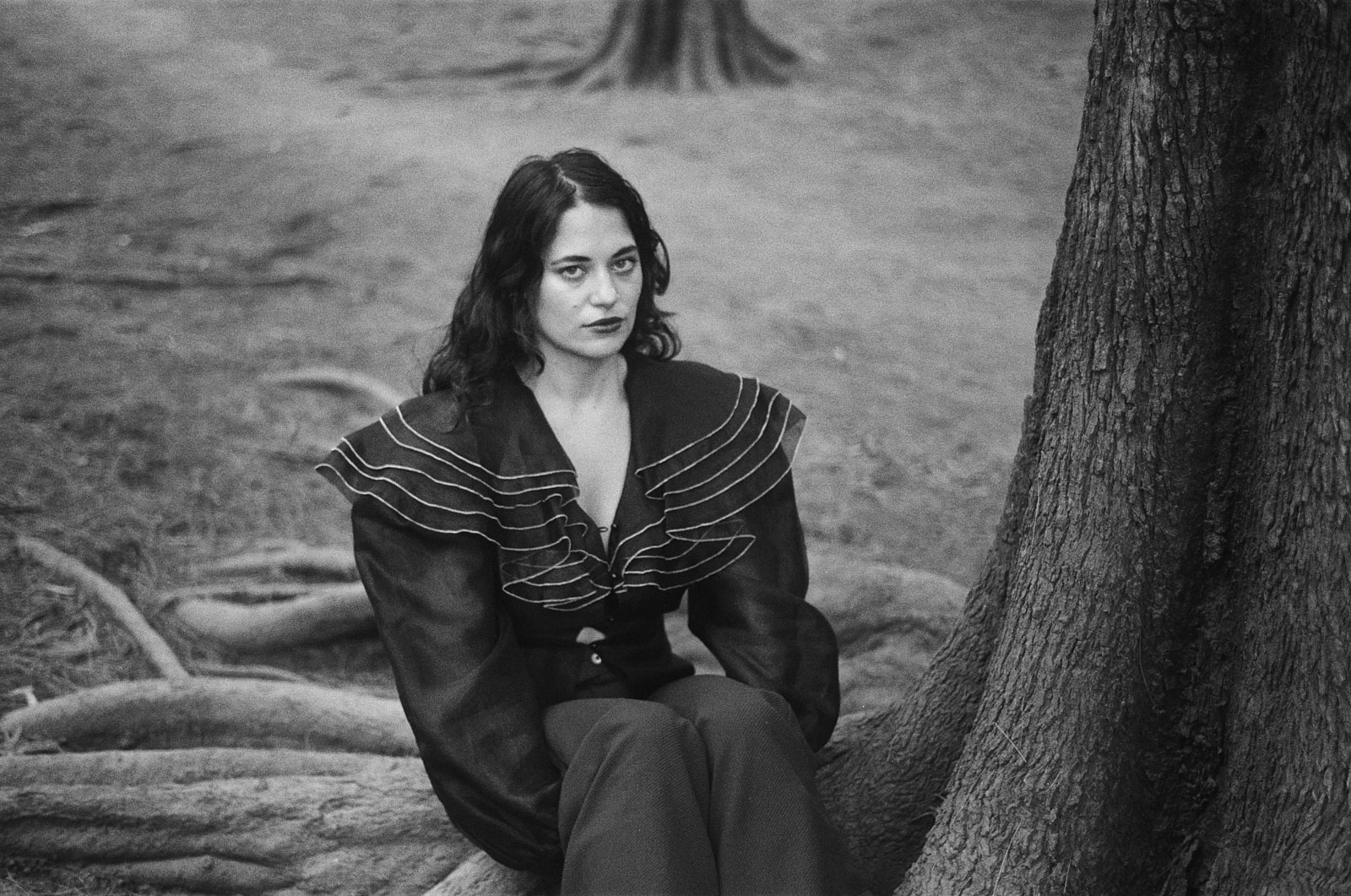When I listened to Olivia Kaplan’s newest collection Tonight Turns To Nothing for the first time, and then over and over again, there was one word that kept coming to mind. It was the word nurture. It’s hard to explain a feeling of being watered, I suppose because it’s extremely personal. Kaplan spends hours coloring and potting each margin in-between; she writes about the first beats after someone dies, a burnt-out relationship, and an intimacy of existing in a space, trying to absorb it all as a 20-something-year old. Often, these are things we look past, like candy wrappers littered on a sidewalk. Kaplan remembers to stop and look.
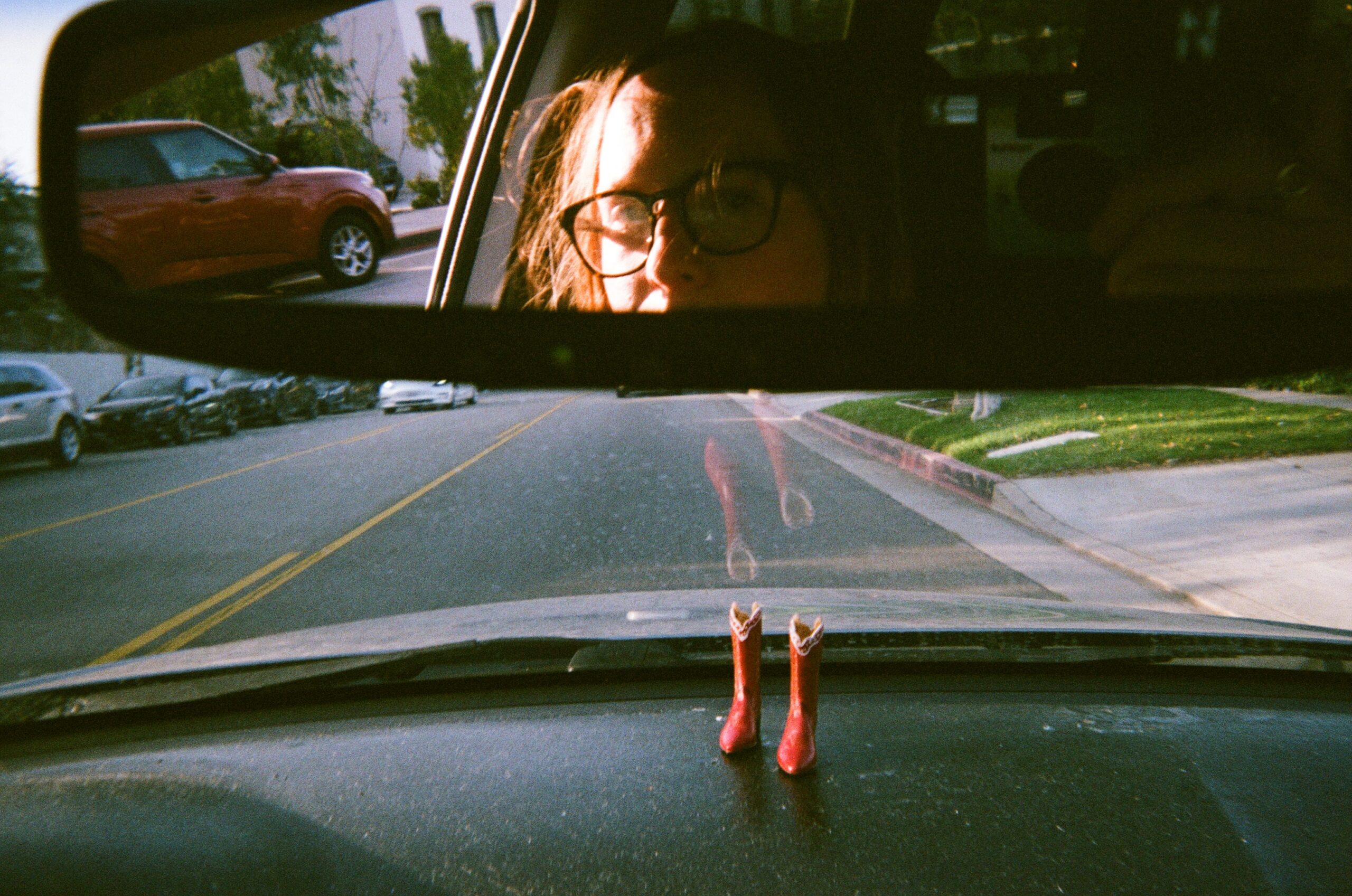
From 2016-19, Kaplan was wrapping up school, moving out of her parent’s home, and working at restaurants. During that time, she accumulated material about confusion bathed in the chaos of being tugged in so many directions. Tonight Turns To Nothing was recorded pre-pandemic, back in March 2019, and completed that following December. “It wasn’t a sit-down and write a record kind of thing,” Kaplan told me. “It was waiting to have enough songs for an LP.”
“When you’re left to figure out how to record or play shows, I have to get up and do something that has nothing to do with myself to have the energy and focus to make art that’s largely informed by my experiences,” she said. “So I’ll serve rich people wine or teach kids.” For Kaplan, it was helpful to have that separation between a serving job and studio time. “I don’t like to get overconsumed by myself,” she said.

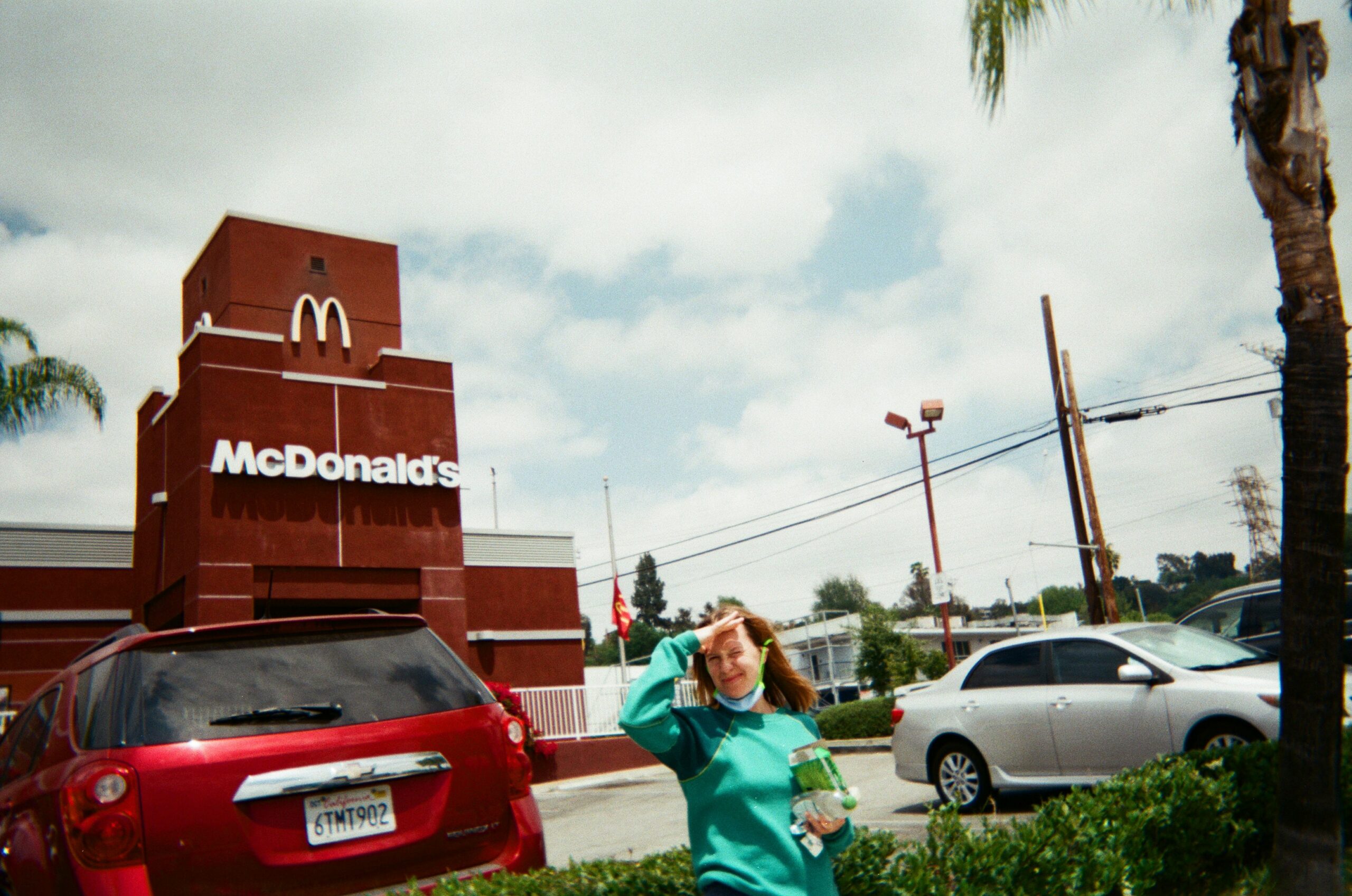
Songs on the album operate on that separation with a consistent mix of upbeat tracks like “Seen By You” and “Ghosts” and ballads like “Still Strangers” and “Talking to the Dead.” There’s a balance, underpinning an intent to cover a spectrum of emotions. According to Kaplan, “Ghosts” gives off more of a Sheryl Crow vibe by snacking on brighter tones and breathier vocals. For “Talking To The Dead,” she gets a bit more intimate. “My voice sounds super comfortable. I sat down while recording that one,” she told me.
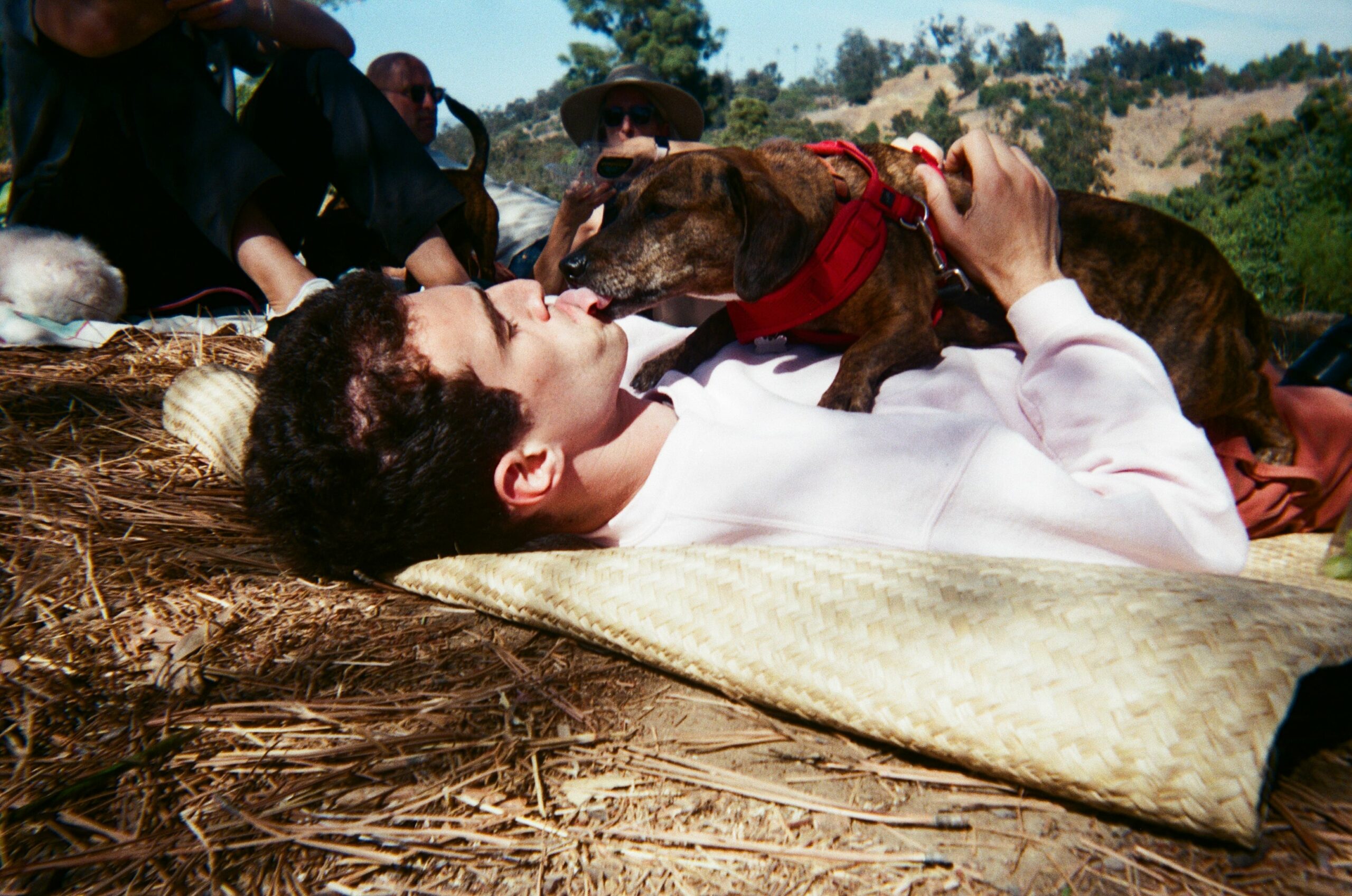
Whatever atmosphere a song creates, she sings with a confident gentleness. Her voice acts like a blanket of burnt sugar covering a cold dessert; it’s fragile and will easily break. But it’ll eventually sink in and paint another curb of textures surrounded by a dreamscape of careful instrumentation. When writing the album, Kaplan was inspired by a lot of household names like Big Thief, Joni Mitchell, Wilco, and Bonnie Raitt. She also loves Buck Meek’s work, who plays on the album. She described it to me as an off-kilter type of guitar playing. It weaves in a twangy, folk tone. In another vein, she’s also drawn to random ambient music and snare sounds. Thoughtful combinations helped her create an album that exceeded all expectations.
“In a few of my songs, I’m not necessarily talking about the supernatural but talking about past lives or relationships that have died or versions of yourself that are gone.” For instance, in “Talking To The Dead,” Kaplan sings about trying to understand how a stranger can leave this planet. It’s a vaguely universal acknowledgment for fielding the shock factor of death. However, in the second verse, the song turns. She speaks of a dead relationship, like a car that still drives but at the back of your mind you know it’s ready to junk. One person in the relationship knows the end and the other person falls so far behind. What emerges is a sense of hope disoriented in a sentiment of hugging onto the comfort. Soon, that relationship molds itself into something unrecognizable. “While I was writing this album, there was an intention in each song to be direct and confrontational which was a very helpful personal tool to get through life, but also as an artistic choice,” she said.
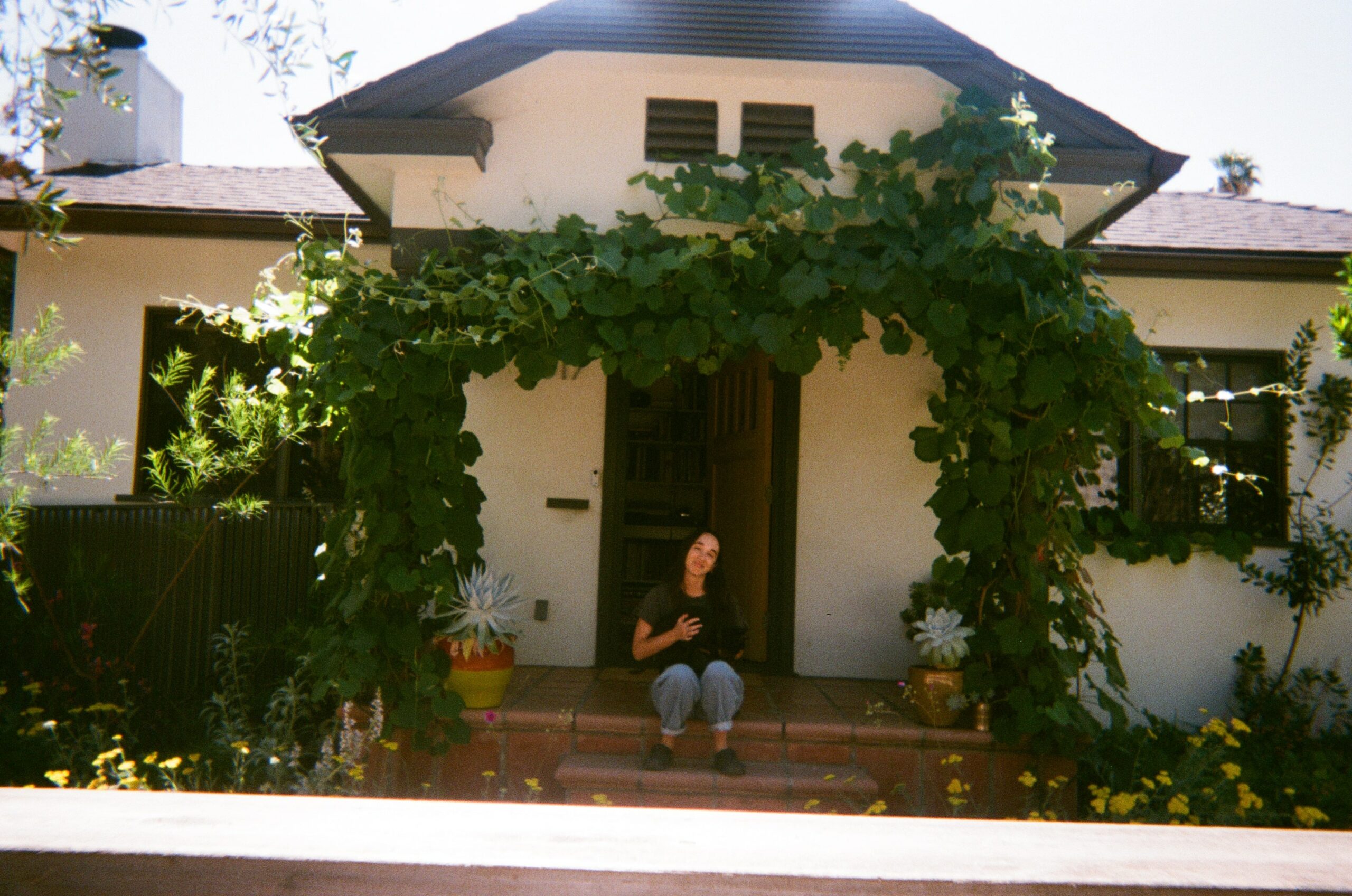
“While I was writing this album, there was an intention in each song to be direct and confrontational which was a very helpful personal tool to get through life, but also as an artistic choice.”
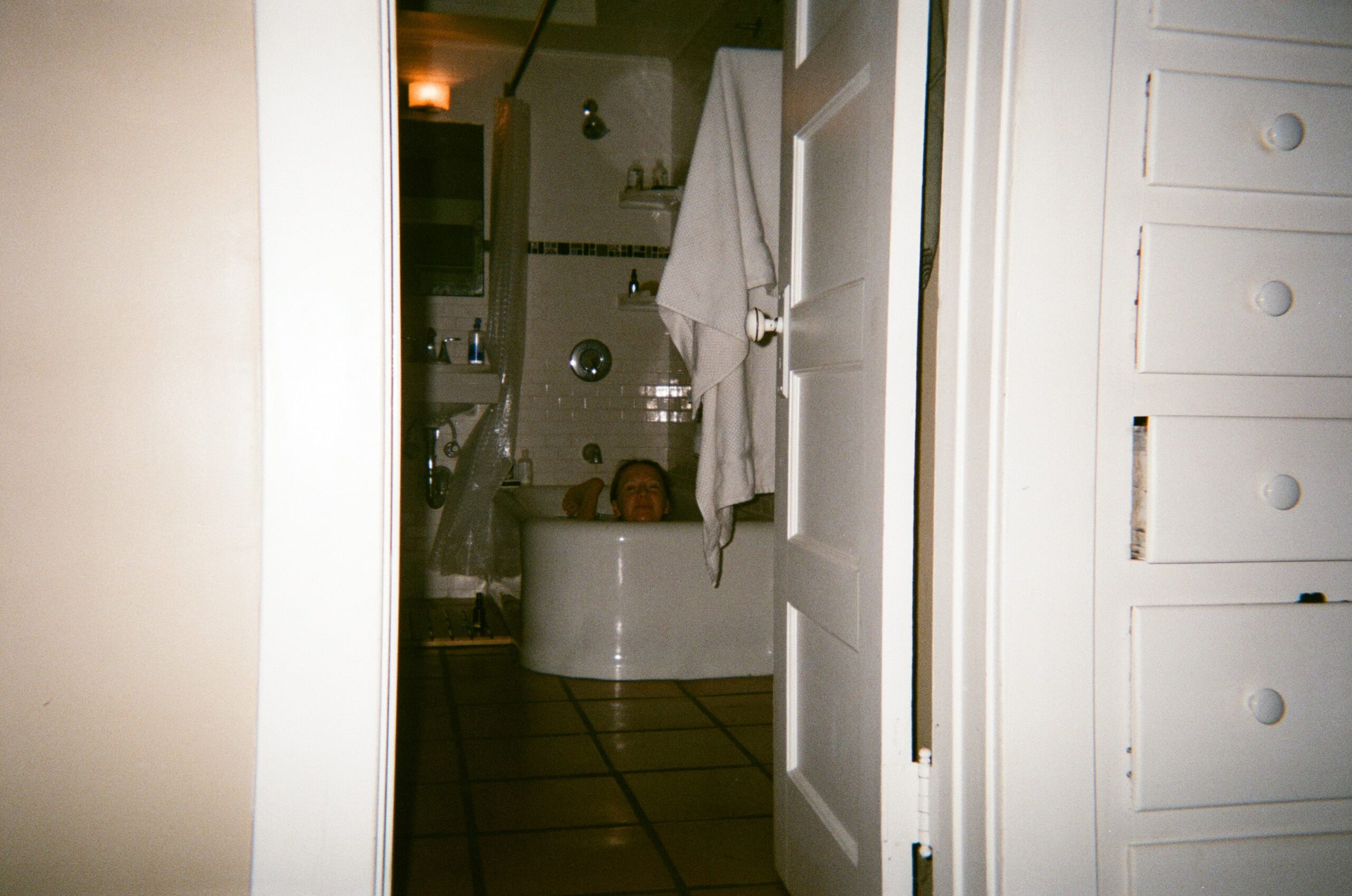
Kaplan wrote, “Talking To The Dead” shortly after her grandfather died and everyone kept trying to forget about it. “I’m trying to sit in this as long as I can because I still want to be able to communicate whatever information I didn’t get from him,” she told me. “It’s about the failure to make up for those lost moments with people or relationships and you’re moving forward and getting further away. I understand a lot more now, which is weirdly prophetic when I listen to that song. It helps me with bigger losses,” she said.
We also spent some time talking about Kaplan’s older projects, and the importance of how those past experiences shape your current work. The realization is a bit like understanding the death of a loved one or a lost relationship. Previous work is beautifully sustained, as they reflect each creak of time. GarageBand recordings and YouTube videos were early relics of her songwriting, she told me. A neglected imperfection opens a small entryway into each past, connecting memories rooted in other memories, like pulling a carrot from the ground. “There are things I absolutely love about those songs and things that are cringe about the way they’re recorded, like having no click track,” she told me. “But it’s so tied to my life in Montreal. It’s endearing and special. “I think everyone should stay kind to their older work.”
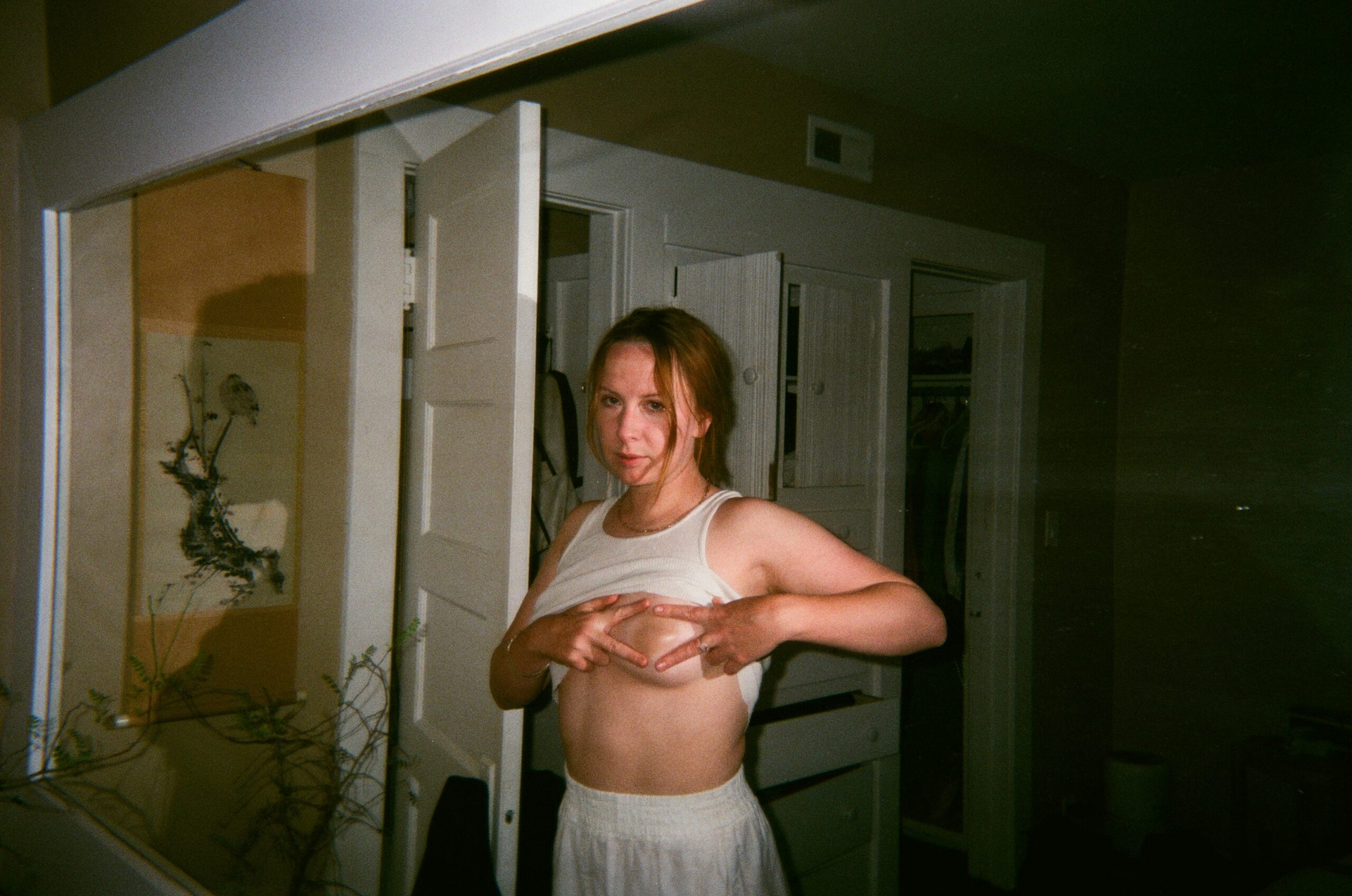
Towards the end of our interview, Kaplan and I talked about the band eventually going on tour again. “It’s kind of strange because there was always the opportunity to hop in a van by myself but every time I recorded, I ended up with these beautifully arranged songs by these musicians. And making them less orchestrated didn’t feel like the best representation,” she said. And she surrounds herself with friends who are hardcore musicians, and being in Los Angeles is a great place to trade singer-songwriters to play in every other person’s band. “In their essence [the songs] are voice and guitar,” she said. “But if I’m able to tour with Adam [Gunther] and Jorge [Balbi], it would be true to the sound with the three of us.
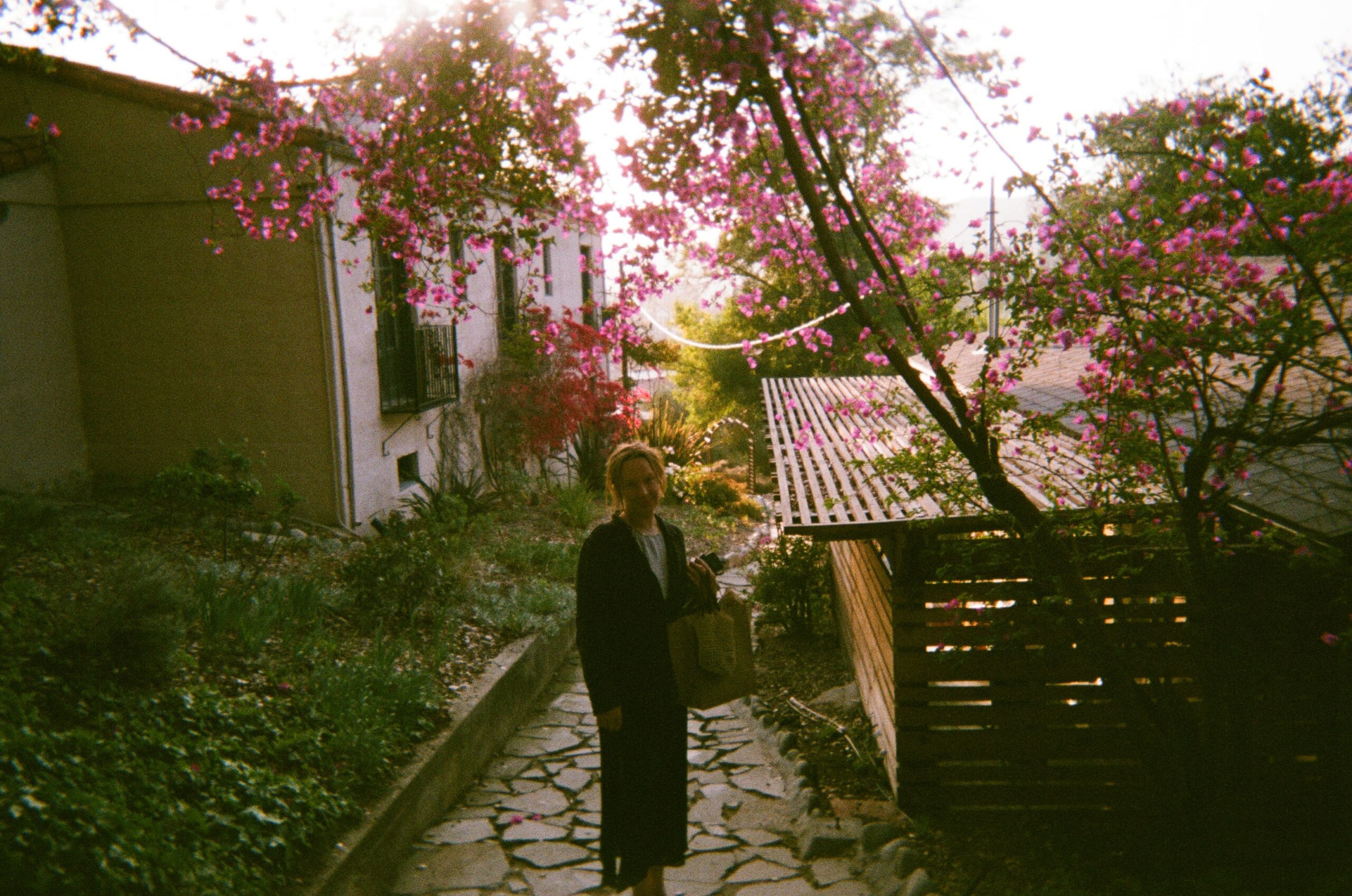
Nowadays, she’s writing lyrics for orchestral fantasy music on TV and teaching at a day school. “I’m okay with a side hustle and dedicating most of my time to music,” she told me. Before wrapping up, we chatted about linguistics, our day jobs, grad school, and college.
One of the best things blooming from college is a community and how transformational that can be. We both agreed. Community brings you to places you never even thought were possible. And this is where the type of nurture Kaplan creates with her music comes full circle. The kindest surprises are small, like finding five dollars in your coat pocket. But like everything else, good circles take work to maintain and nourish. “You either make some really good friends or a really bad decision, and you go do something else. Or you make many bad decisions,” she said, laughing. Whether those decisions live in a song detail or a friendship, communities are there as guides that help create the type of unusual art that floors you with each listen.
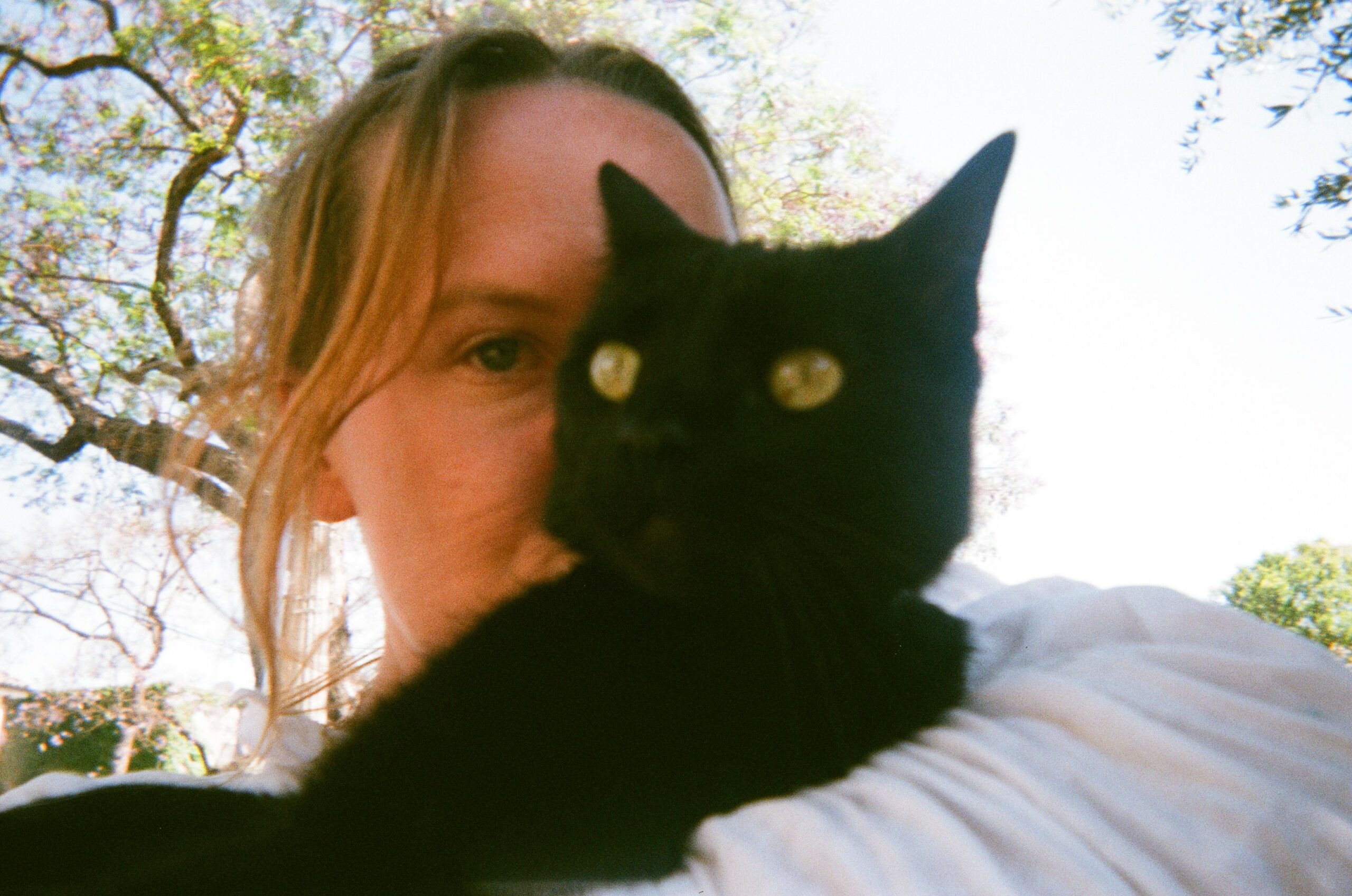
Tonight Turns To Nothing is out now on Topshelf Records.
